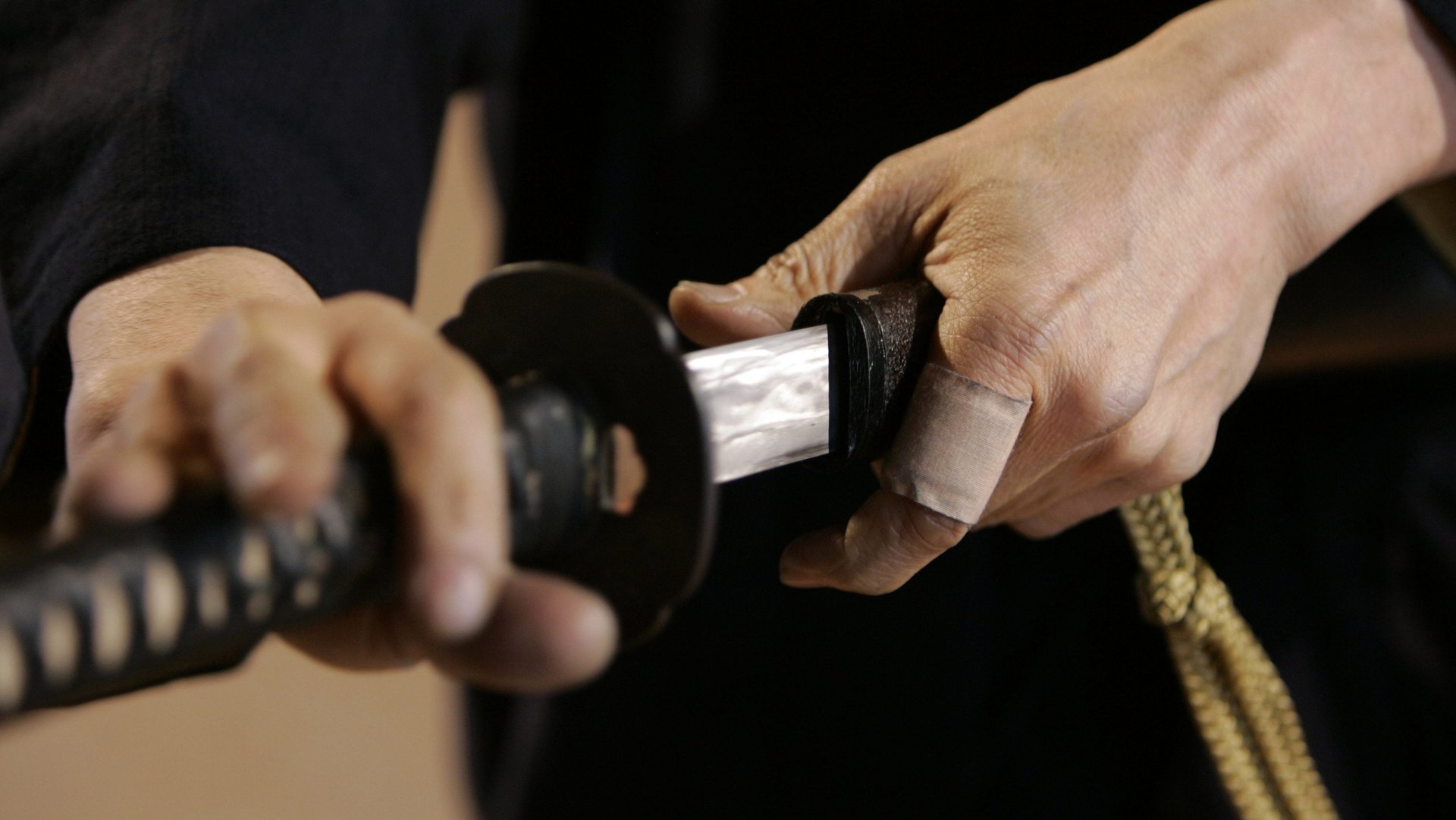A 1980s study on juvenile crime in Japan sheds light on American gun culture
In 1982, John Beck—a strategy advisor and former business professor at Harvard and UCLA—was a 22-year-old Harvard student working on his thesis on juvenile crime in Japan. In the 1980s, Japan had seen an uncharacteristic increase in juvenile crime, which was associated with bōsōzoku (暴走族), or biker gangs. These groups, Beck says, comprised between 20 and 50 youth, under the age of 21, who would have standoffs that involved beating and sometimes knifing each other.


In 1982, John Beck—a strategy advisor and former business professor at Harvard and UCLA—was a 22-year-old Harvard student working on his thesis on juvenile crime in Japan. In the 1980s, Japan had seen an uncharacteristic increase in juvenile crime, which was associated with bōsōzoku (暴走族), or biker gangs. These groups, Beck says, comprised between 20 and 50 youth, under the age of 21, who would have standoffs that involved beating and sometimes knifing each other.
Once the gang members turned 21—the age at which criminal records become permanent in Japan—the vast majority of them went through a solemn ceremony and returned to lawful citizenship. But a small percentage continued their criminal careers as part of the yakuza (ヤクザ).
Beck had been exposed to the phenomenon several years prior, while living in Japan as a Mormon missionary between the age of 19 and 21. He was fascinated by what he described to Quartz as a “nonconforming group within such a conformist society.” By 1980, according to the data he collected, nearly 15 minors out of every 1,000 were arrested—compared with an adult arrest rate of 3 every 1,000.
Beck spoke and read basic Japanese, which made him a curiosity among a couple of bōsōzoku gang members. Also, an asset: Many of them were dropouts, so they allowed him to ride along during their excursions so he could read street signs. (Beck did have a Japanese motorbike license, so he would catch a lift with the gang members who drove cars).
Although the gang rivalry was strong—”messy,” Beck says—and the resulting injuries could be serious, fatalities were virtually nonexistent. Not because of any moral code—the gang members simply didn’t have guns.
Beck initially thought this was due to Japan’s strict gun laws, but discovered it had far more to do with the narrative of heroism. Gang members knew where to get guns, legally or illegally, but they weren’t particularly interested in doing so.
“Their reasons for remaining gun-free revolved around some loosely held concept of honor,” Beck says. “Being able to move your finger on a trigger is not really a skill that wows anyone.” This flew in the face of Beck’s experience in America, where cowboy mythology relied heavily on guns, which were embedded in the idea of American honor and bravery.
Not so for the Japanese, who were accustomed to samurai skills and martial arts as depiction of courageous, honorable ways to take down an enemy. Choosing a more difficult weapon placed value on the fight itself, rather than merely its result.
“A gun in Japan would earn the wielder scorn,” Beck says, “not respect.”
Correction: An earlier version of this article stated Beck didn’t know how to ride a motorcycle. He did know, but didn’t have a Japanese license.